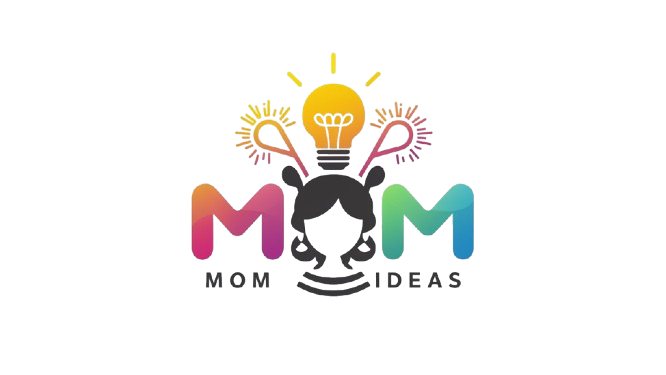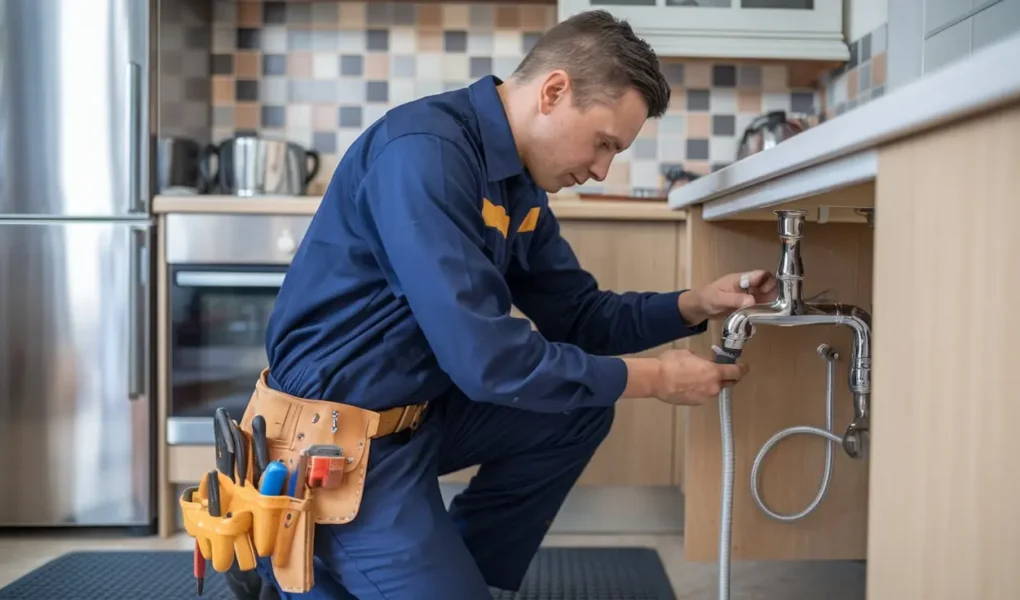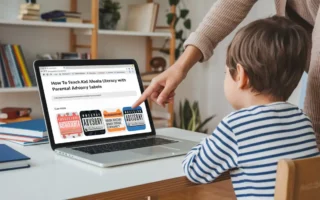All homeowners will inevitably encounter plumbing problems, ranging from minor leaks to significant pipe breaks. Knowing the fundamentals of plumbing prepares you to manage these situations efficiently and stops minor issues from turning into expensive fixes. Imagine waking up to a leaking pipe and knowing you might need sewer repair in Union Kentucky. With some knowledge, you might identify the problem early and seek timely assistance. This understanding encompasses knowing how different components work, from faucets and drainage systems to water heaters and sewers. It’s beneficial for troubleshooting daily inefficiencies such as low water pressure, which often results from a simple blockage in the system. Mastery of these basics empowers you to undertake minor repairs and routine maintenance, prolonging the life of plumbing systems in your home and saving on professional fees.
Essential Plumbing Tools You Should Own
- Pipe Wrench: This tool is key for gripping and turning pipes. Essential for tasks involving fittings and nuts, it provides the leverage needed to turn even the most stubborn connections.
- Plunger: A plunger uses suction to dislodge clogs and is ideal for clearing blockages in toilets and sinks. It’s a must-have for quick fixes and should be available in every bathroom.
- Plumber’s Tape: Also known as Teflon tape, this ensures watertight seals on threaded connections. It’s invaluable for preventing leaks in joints and fitting connections.
- Adjustable Spanner: Versatile and perfect for various plumbing tasks, it allows for easy adjustment, fits different sizes of bolts and nuts, and minimizes the need for multiple tools.
Common Plumbing Issues and How to Handle Them
- Leaky Faucets: These are commonly caused by worn-out washers or O-rings. By learning how to replace these components, you can stop the drip and conserve water.
- Clogged Drains: Rather than immediately using chemical drain cleaners, consider natural remedies such as a baking soda and vinegar mixture to break down clogs without harming pipes.
- Toilet Overflows: Learn to effectively use the shut-off valve to manage this common problem. This knowledge is critical in minimizing water damage and potentially costly water bills from unexpected overflow incidents.
Preventative Maintenance Tips
Regular preventative checks are among the best ways to maintain a healthy plumbing system. Begin by familiarizing yourself with your home’s main water valve, ensuring you can shut it off in emergencies. Frequently check pipes for leaks by looking for stains on ceilings or walls or smelly odors. Identifying potential problems early can prevent water damage and more extensive repairs. Keep an eye on places prone to blockages, such as garbage disposals and bathroom drains. Utilize strainers to catch food particles and hair, thereby preventing clogs. To avoid freezing in colder months, adequately insulate pipes, especially in non-heated areas like garages or basements.
Sustainability in Modern Plumbing
The transition towards sustainable plumbing is a trend and a necessary evolution in today’s world. With rising environmental concerns, adopting eco-friendly plumbing solutions has become essential. Upgrading to WaterSense labeled fixtures is a proactive step, ensuring you’re conserving water while maintaining optimal performance standards. Installing low-flow toilets and showers can significantly reduce water usage. Conducting water audits can also highlight areas where efficiency improvements are necessary. Investments in sustainable plumbing contribute to environmental conservation and lower utility bills, providing long-term financial benefits.
When to Call a Professional Plumber
While handling minor plumbing issues yourself is cost-effective, it’s crucial to recognize when professional intervention is necessary. Situations such as unexplained low water pressure, persistent sewage smells, or severe blockages often require expert attention. Resolving current issues is important, as is preventing potential impacts on your broader plumbing system. Professional plumbers bring expertise ensuring code compliance, vital in extensive projects like bathroom or kitchen remodeling. They also have the skills and equipment to diagnose underlying issues that DIY efforts might miss, safeguarding against future problems.
Conclusion: Be Prepared and Informed
Informed homeowners are well-equipped to ensure smooth operations of their plumbing systems. Having the right tools, regular maintenance routines, and basic repair skills significantly enhances your home’s efficiency and longevity. Staying informed about plumbing trends and technologies further empowers you, providing added convenience and resource conservation layers. Ultimately, taking a proactive approach to plumbing maintenance and recognizing when to contact experts can change your approach from reacting to issues to preventing them and adequately caring for your home in the long term.




